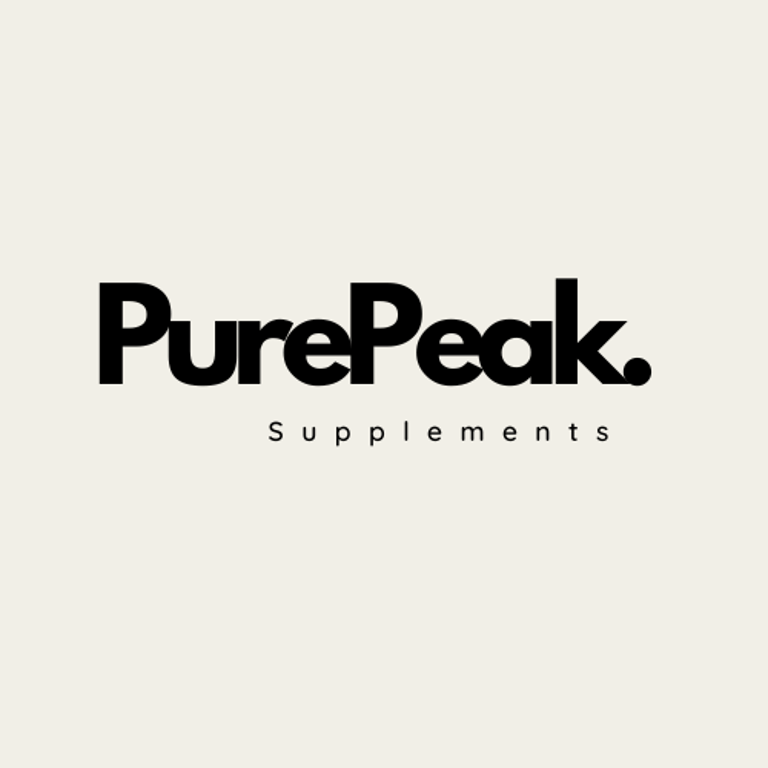Supplement guide for beginners
**Supplement Guide for Beginners** A simple, easy-to-follow introduction to using supplements safely and effectively. This guide covers the basics of common vitamins, minerals, and fitness supplements—helping you understand what they do, how to use them, and which ones may support your personal health and fitness goals.
Anna Heyward
5/8/20242 min read


What Are Supplements?
Supplements are products designed to add nutrients to your diet or support specific health goals—such as boosting energy, improving immunity, aiding recovery, or supporting weight loss. They come in many forms: capsules, powders, tablets, and even gummies.
Common supplement types:
Vitamins & Minerals – Support overall health (e.g., Vitamin D, Magnesium)
Protein Powders – Help build and repair muscle
Omega-3s – Support heart and brain health
Pre-workouts – Boost energy and focus for exercise
Fat Burners or Metabolism Boosters – Support weight management
Adaptogens & Herbs – Help the body manage stress and balance hormones
Why Take Supplements?
Supplements can help when:
Your diet lacks certain nutrients
You have specific health or fitness goals
You're recovering from illness or stress
You’re training hard and need extra support
Important: Supplements are not magic pills or replacements for a balanced diet. Think of them as tools that support your health, not fix it.
How to Start: Step-by-Step
1. Know Your Goal
Ask yourself:
Do I want to build muscle?
Do I need more energy?
Am I feeling run-down or nutrient-deficient?
Do I want to support weight loss?
Your goal will determine which supplements are worth considering.
2. Start With the Basics
For most beginners, these are a good place to start:
Multivitamin – Covers general nutrient gaps
Whey Protein – Helps with muscle recovery and daily protein intake
Omega-3 (Fish Oil) – Supports brain, heart, and joint health
Vitamin D – Especially useful in colder months or low-sunlight areas
Magnesium or Zinc – Commonly deficient, support sleep, muscle, and immunity
3. Read Labels & Dosages
Choose reputable brands (look for 3rd-party tested or GMP certified)
Check the serving size and daily value %
Avoid products with too many artificial fillers, colors, or sweeteners
4. Time Them Right
Some supplements work best when taken at certain times:
Protein: Post-workout or between meals
Multivitamin: With breakfast or lunch
Omega-3s: With a meal that contains fat
Magnesium: In the evening (may help with sleep)
5. Stay Consistent
Supplements work over time—not overnight. Take them regularly, as directed. Track how you feel, and adjust as needed.
Safety Tips
Don’t overdo it – More isn’t always better
Consult your doctor if you have health conditions, are pregnant, or take medications
Watch for side effects – Stop if you notice anything unusual
Store properly – Keep them in a cool, dry place out of reach of children
What to Avoid
Overhyped products with no scientific backing
“Miracle” weight loss pills or detox teas
Supplements with hidden or proprietary blends
Extremely high doses of vitamins (can be harmful)
Final Thoughts
Supplements can be a powerful addition to your wellness routine—but they work best when combined with:
A balanced diet
Regular exercise
Quality sleep
Stress management
Start simple, stay informed, and listen to your body. - Anna Heyward
